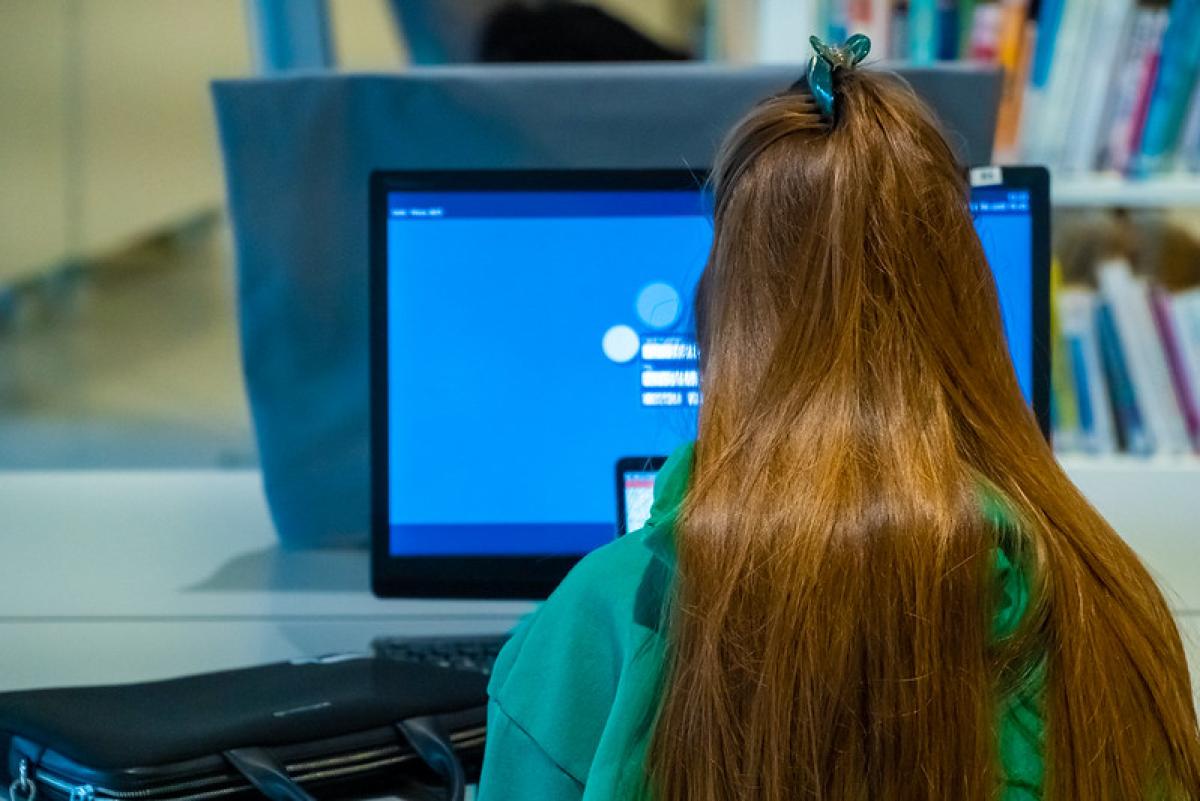Libraries key to closing post-pandemic literacy gap, new report reveals
Public libraries “must be vital partners in the mission to break the link between social background and literacy”, according to a new research report.
Public Libraries and Literacy Recovery – produced for Libraries Connected by the National Literacy Trust and supported using public funding by Arts Council England – examines the role of libraries in raising the literacy skills of children whose learning has been disrupted by the pandemic.
It highlights evidence that, despite the huge achievements of teachers and librarians in supporting pupils through periods of school closures, the pandemic has exacerbated the literacy gap between children from disadvantaged backgrounds and their peers.
Libraries are uniquely placed to help narrow this gap, the report concludes, by giving free access to books, fostering a strong home learning environment and inspiring children to be readers. Libraries are also expert at reaching disadvantaged communities where literacy is lowest and can support the social elements of literacy through reading clubs, holiday activities and early years “rhyme times”.
The report, which has a foreword by arts minister Lord Parkinson and school standards minister Robin Walker MP, predicts the education system will be dealing with the impact of the pandemic for at least 20 years. It calls for long-term partnerships between libraries, schools and early years providers to ensure these challenges do not persist across generations.
Isobel Hunter MBE, chief executive of Libraries Connected, said:
“This report demonstrates the powerful role libraries can and do play in developing children’s reading and communications skills. Public libraries must be front and centre of local and national strategies to close the post-pandemic literacy gap, working in partnership with schools and nurseries to ensure all children have a great start in life.”
Jonathan Douglas, chief executive of National Literacy Trust, said:
“Libraries are a fundamental tool in our mission to close the attainment and literacy gap between pupils from lower and higher income backgrounds. They give children and young people a safe and quiet space to discover the joys of reading for pleasure, which helps them gain strong literacy skills and fulfil their potential as adults. We are delighted to be working with Libraries Connected to put libraries at the forefront of the national conversation on post-pandemic recovery and the Levelling Up agenda.”

